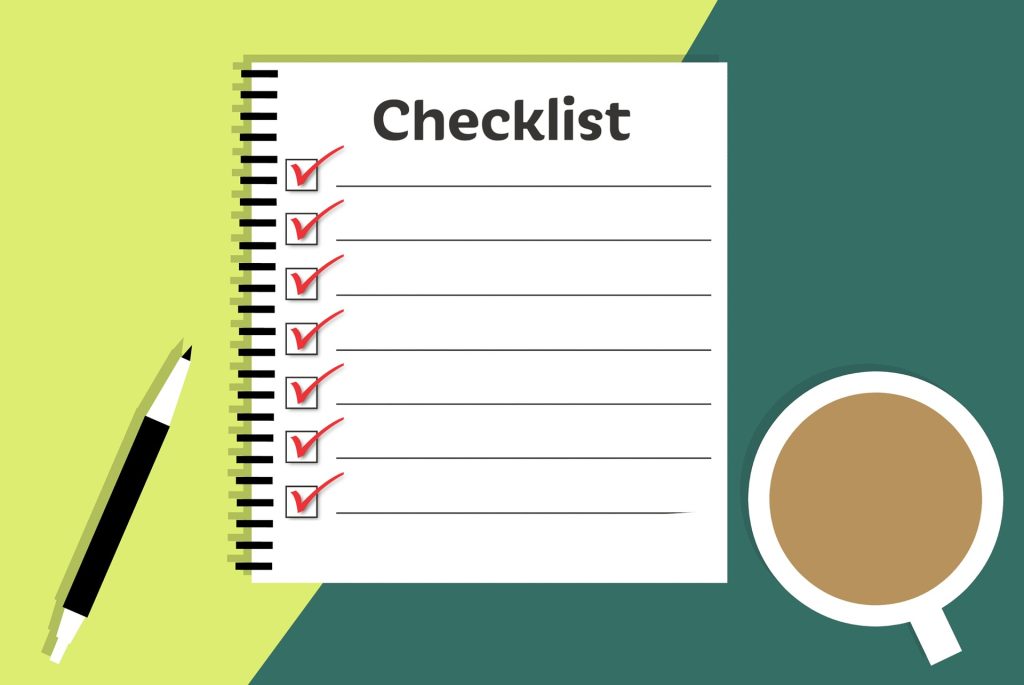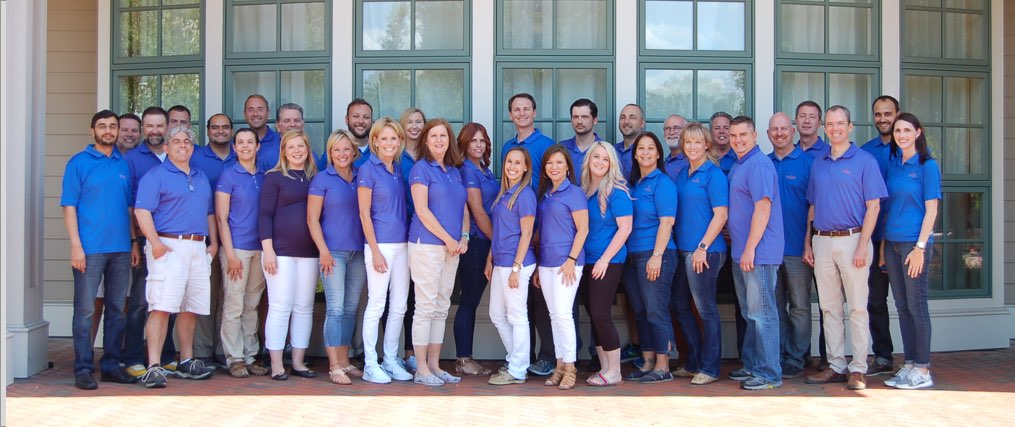If there are two words in the English language that strike fear in the heart of a Job Seeker more than “Behavioral Interview” then I am not aware of them.
I prep people for interviews daily and just the mention of this type of interview creates a palpable sense of fear that I can feel over the phone. It’s surprising because, of all the things I would want to talk about as a potential employee, actual situations where I made a tangible impact are at the top of my list. In this month’s section, I thought it would be helpful to provide some quick pointers for those who are preparing for the dreaded Behavioral Interview.

Essentially a Behavioral Interview entails asking questions and seeking responses that are illustrative of the interviewee’s past behaviors. Ideally, an interviewee will answer these questions in a specific format defined as the “STAR” format.
- Situation – What was the challenge you were facing?
- Task – What did you need to accomplish to overcome the challenge?
- Action – What course of action did you follow?
- Result – What happened as a Result?

It makes sense that the interviewer will be looking at your resume during the interview so I would encourage you to begin your prep work here. As part of your prep work consider each title/position listed on your resume and provide a written answer to these two questions.
- Make a shortlist of your most relevant accomplishments or achievements while working in this position. What did you Make, Save or Improve during your time here?
- For each accomplishment/achievement you identified in #1 provide a brief explanation of the strategy you employed and the implementation process you used to get to the end result.
Now organize these into bullet points that you can refer to on an interview cheat sheet during your call or meeting. The cheat sheet should follow along with your resume in terms of timeline by title and position. As you prepare for the interview review these bullets and be ready to share them with the interviewer as they come up in the discussion.

That’s it really. I see no reason to be fearful if you have a good plan to address the questions in the way the interviewer prefers to ask them then you should be in a position to give a good accounting of your past behaviors.

“We’re here to make good things happen for other people.“



